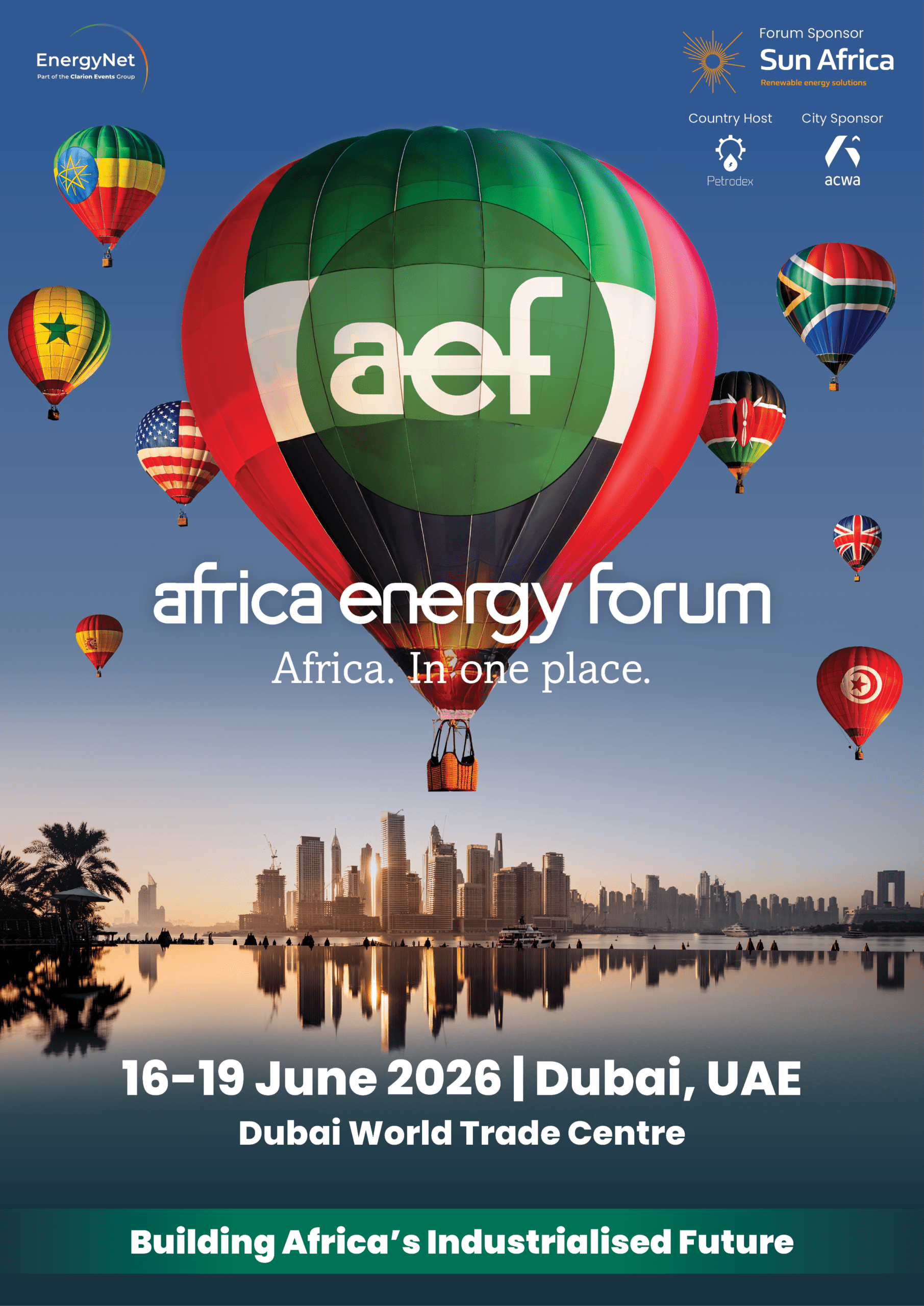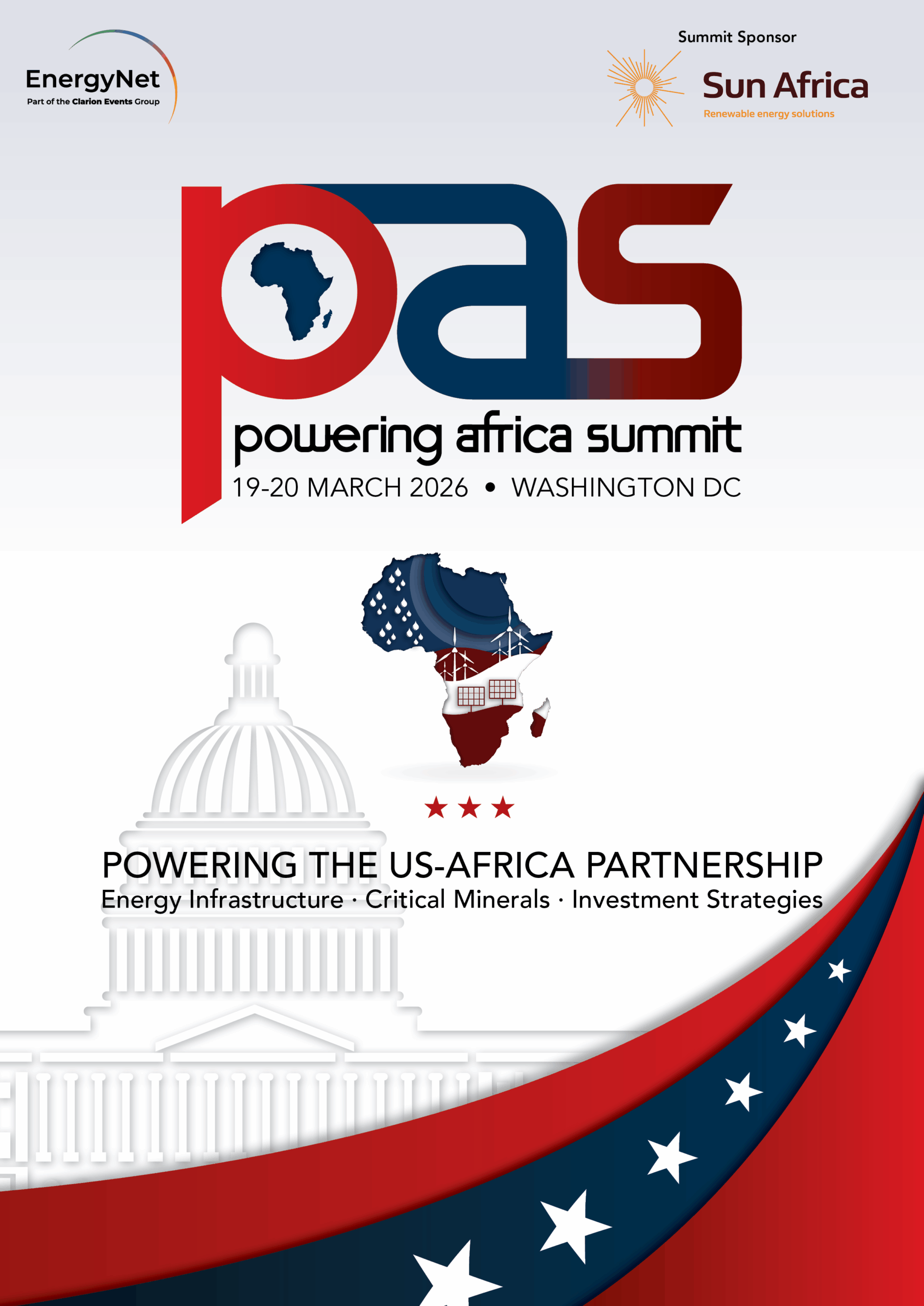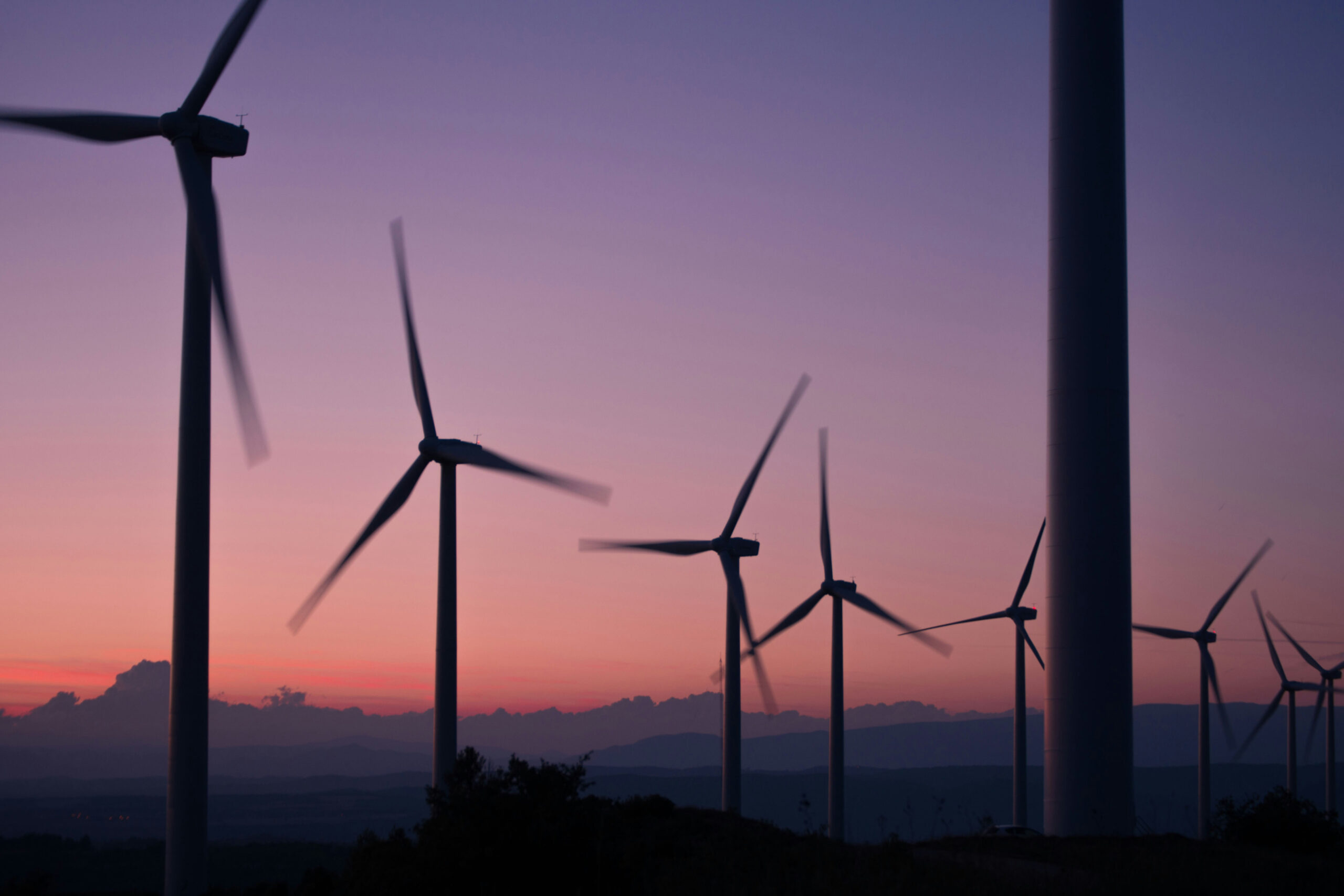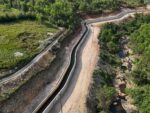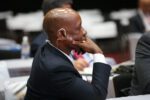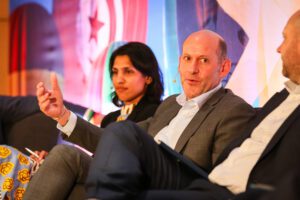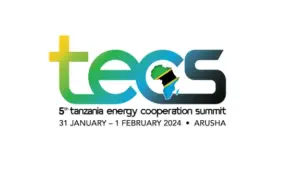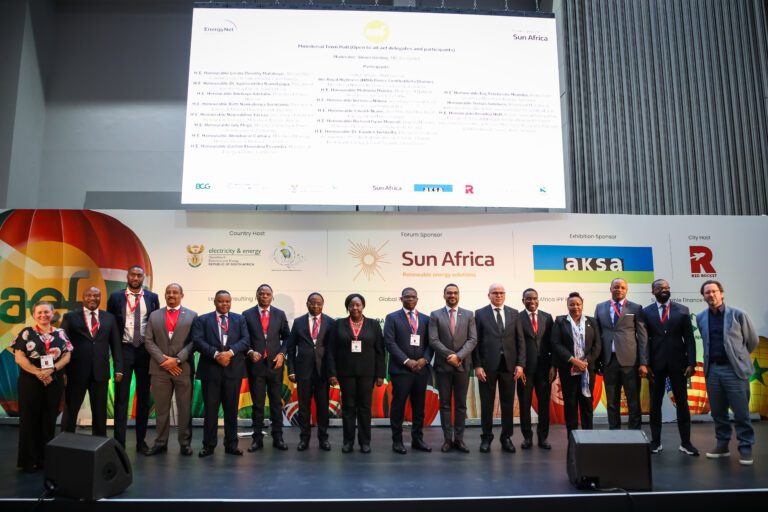
Turning the Tide on a Sector Stagnation
Energising Energy, Continent-Wide
June 2025 | Ministerial Town hall, Africa Energy Forum
“Energy needs to be the driver of the economy, but right now is not being given a chance on the continent, despite Africa having the richest abundance of natural resources.” This stark assessment of the power industry in Africa from H.E. Honourable Ibrahim Matola, Minister of Energy, Malawi set the tone for a frank and honest assessment from many of the continent’s key decision-makers as they introspected on an ongoing sector stagnation.
Over the past 10 years, despite a healthy dose of positive intention, projects have moved too slowly and, in many cases, have fallen by the wayside after initial enthusiasm. Most of the continent is implicated in this reality, leading to a situation where it’s difficult to have visibility of where the sector will be in another 10 years from now. The urgency to identify and undo the characteristics that limit project prosperity has hit a new high.
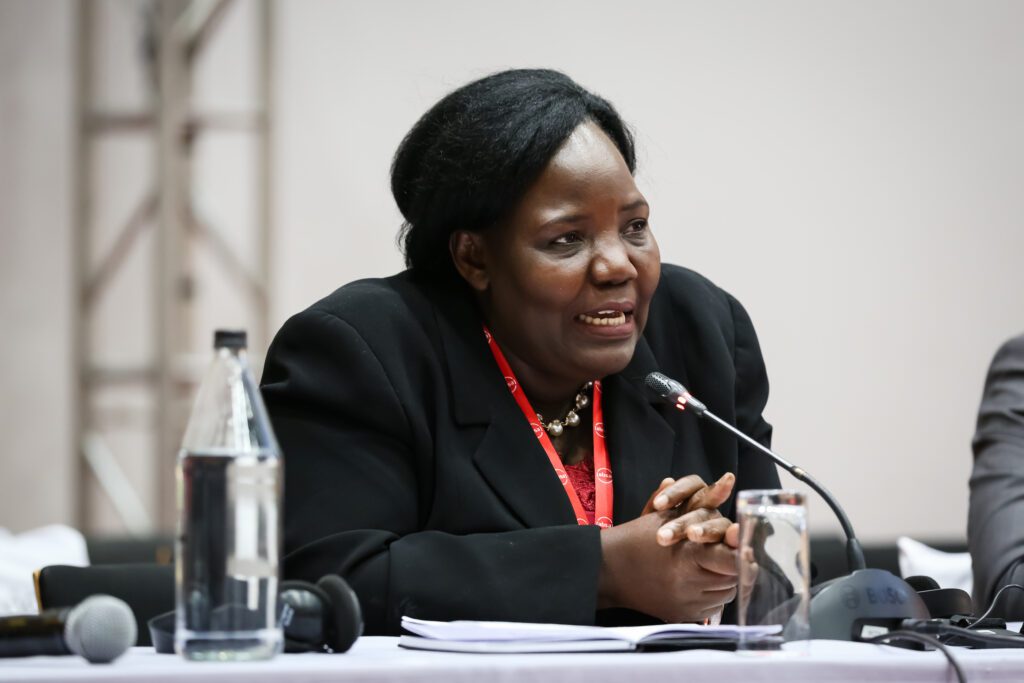
“Investors sometimes come with unrealistic perceptions of risk for projects, and as a result the negotiations start but quickly lead to unrealistic tariffs and those negotiations fail,” proposed H.E. Honourable Eng Felchesmi Mramba, Permanent Secretary, Ministry of Energy, Tanzania as one reason of four.
The Honourable Minister also citied sharp fluctuations in funding priorities associated with different energy sources; engagement with the “wrong people” at the front end of negotiations with innovators and investors; and – simply – the duration of negotiations, whereby project feasibility changes in the time it takes to reach financial close.
“A reason why projects are often delayed or falling away is a lack of clarity around regulations,” added H.E. Honourable Dr. Kandeh Yumkella, Energy Sector Lead & Chairman, Presidential Initiative on Climate Change, Renewable Energy & Food Security, Sierra Leone. “There are subjective interpretations of regulations rather than a simple and clear interpretation that everyone can comply with.”
He also concurs with the assessment of economic hindrances, however: “Even with good projects and good regulatory frameworks, financing issues make it difficult to close deals.”
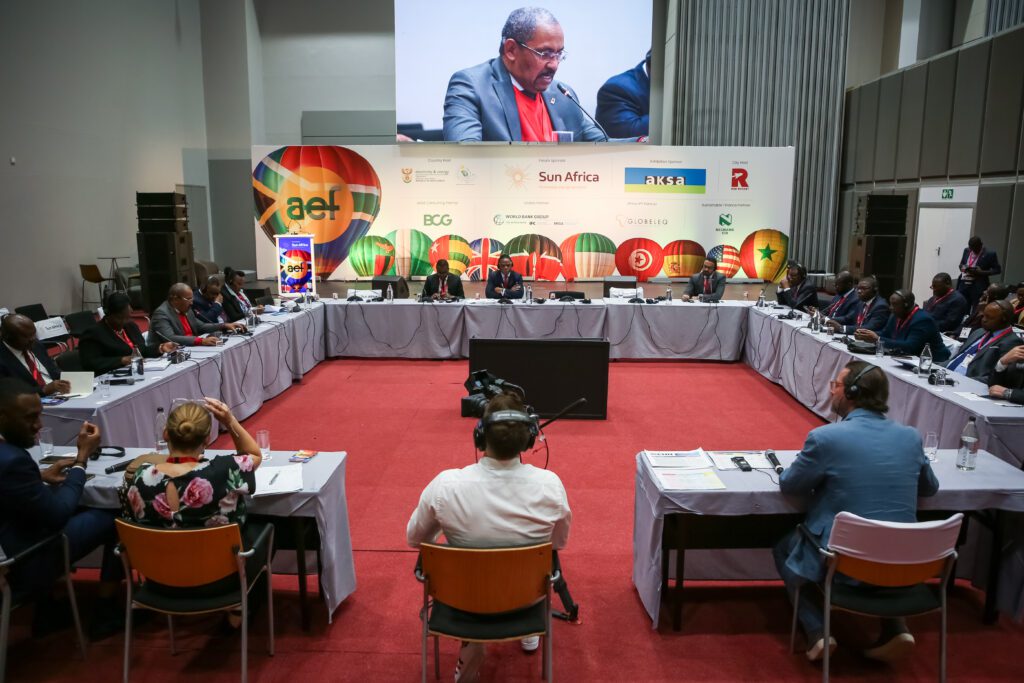
How to change the tide, then?
First, there are success stories to learn from and perhaps even emulate. Algeria serves as one standout example thriving in their manifestation and follow-through of energy projects. To diversify its energy mix and to drive more renewable energy projects, the country has looked to reduce its dependence on IPPs – an effort made possible by enhancing its own industrial capabilities, setting up bankable power purchase agreements, and working closely with neighbours as part of the North African Power Pool.
This latter element is certainly an avenue for countries elsewhere across Africa to follow as they look to overcome that risk perception to global investors.
“Together, we can win. It’s harder for countries on their own, especially smaller ones, to go it alone. And there’s more value for investors when entering regional structures like the East Africa Power Pool,” affirmed H.E. Honourable Veronica Nduva, Secretary General, East African Community (EAC).
What this greater collaboration and coordination will also unlock is pace. And that pace will be critical to overcome the stagnation of the past decade, and to start fulfilling Africa’s undoubted energy potential.
H.E. Honourable Amadou Hott, former Special Envoy of the President of the AfDB Bank for the Alliance for Green Infrastructure in Africa, former Minister of Economy, Planning & International Cooperation, Senegal, concluded: “Let’s focus on top priority deals. Let’s not negotiate tariffs for two years. We waste time trying to get the cheapest deal possible. If there’s a good deal, take it and run. The world is so uncertain. So, as Ministers, if you have a good deal – take it, close it, and run.”
How can Africa energise its energy sector? Work fast, work smart, work together.
For full coverage of the discussions and deeper insights into the industry leaders and stakeholders that came together at aef 2025, explore the Post Forum Report.


